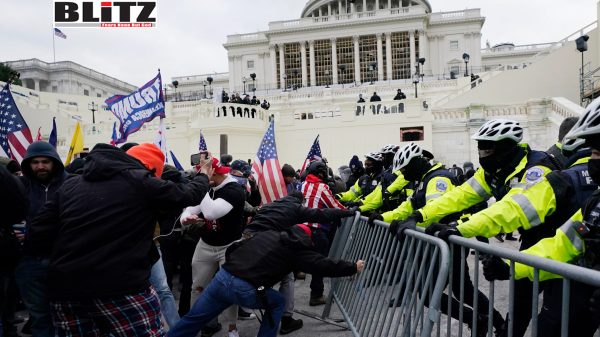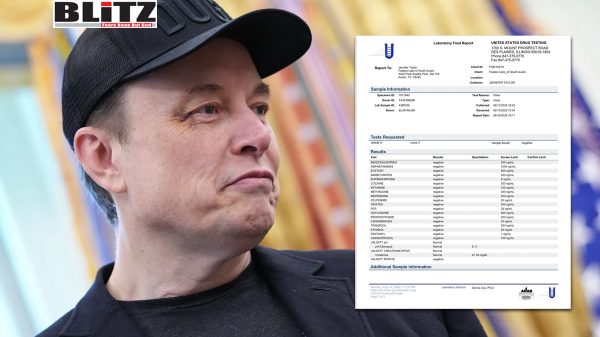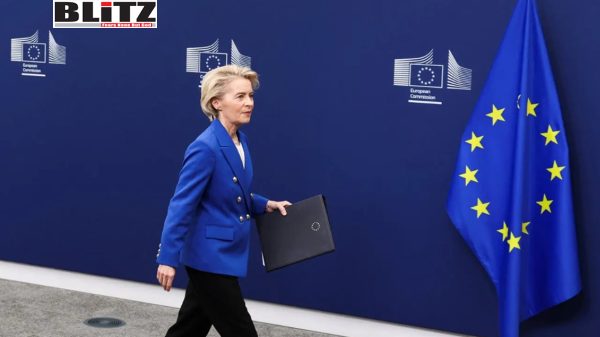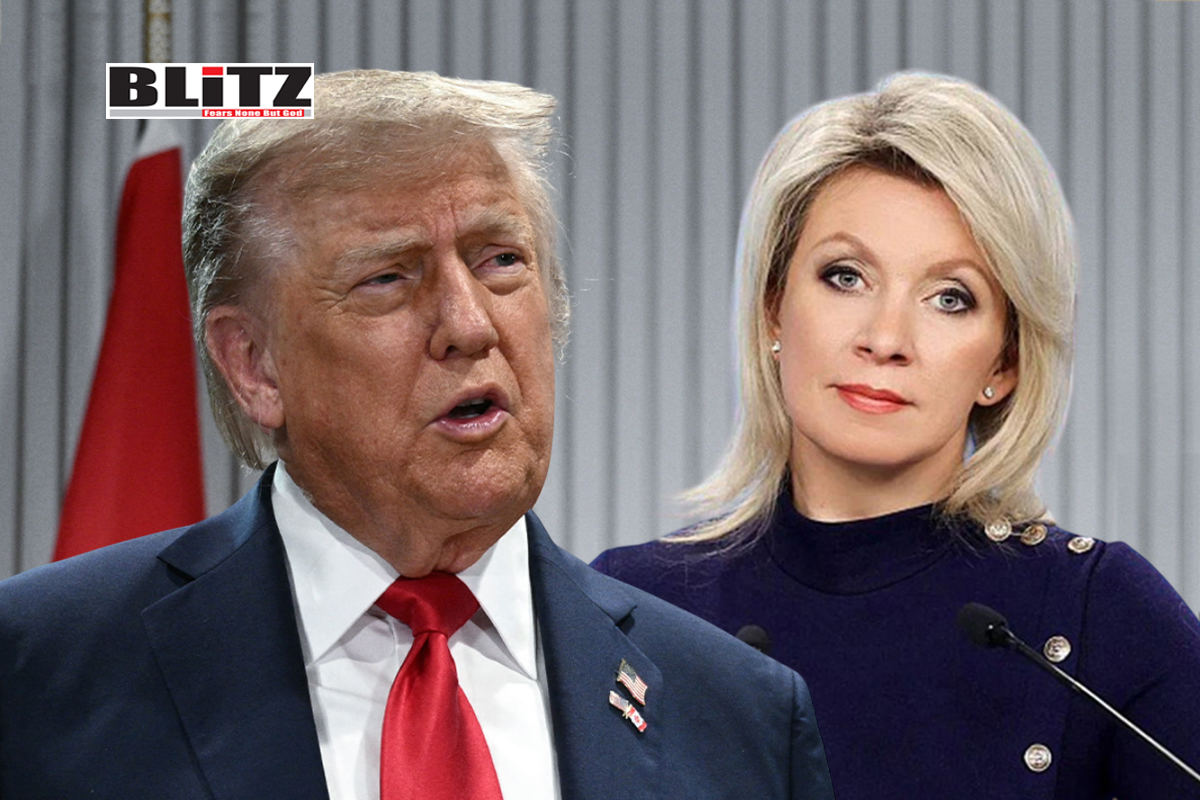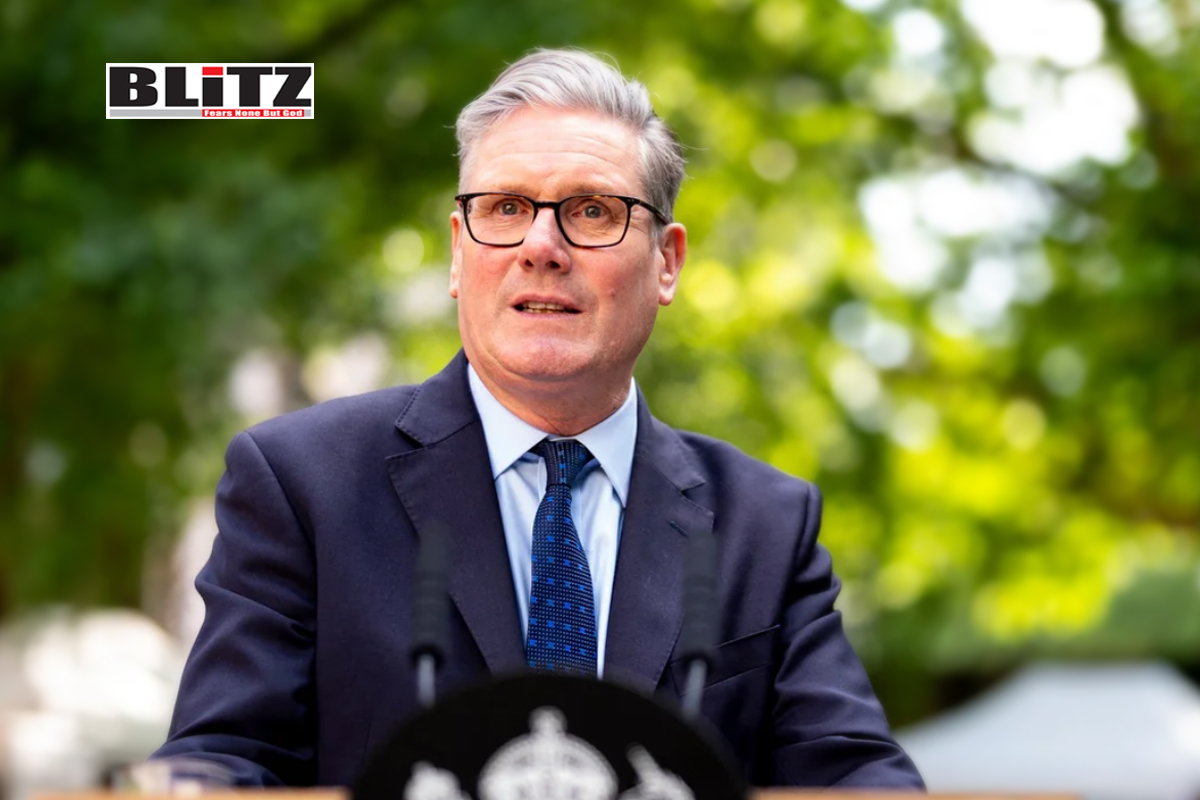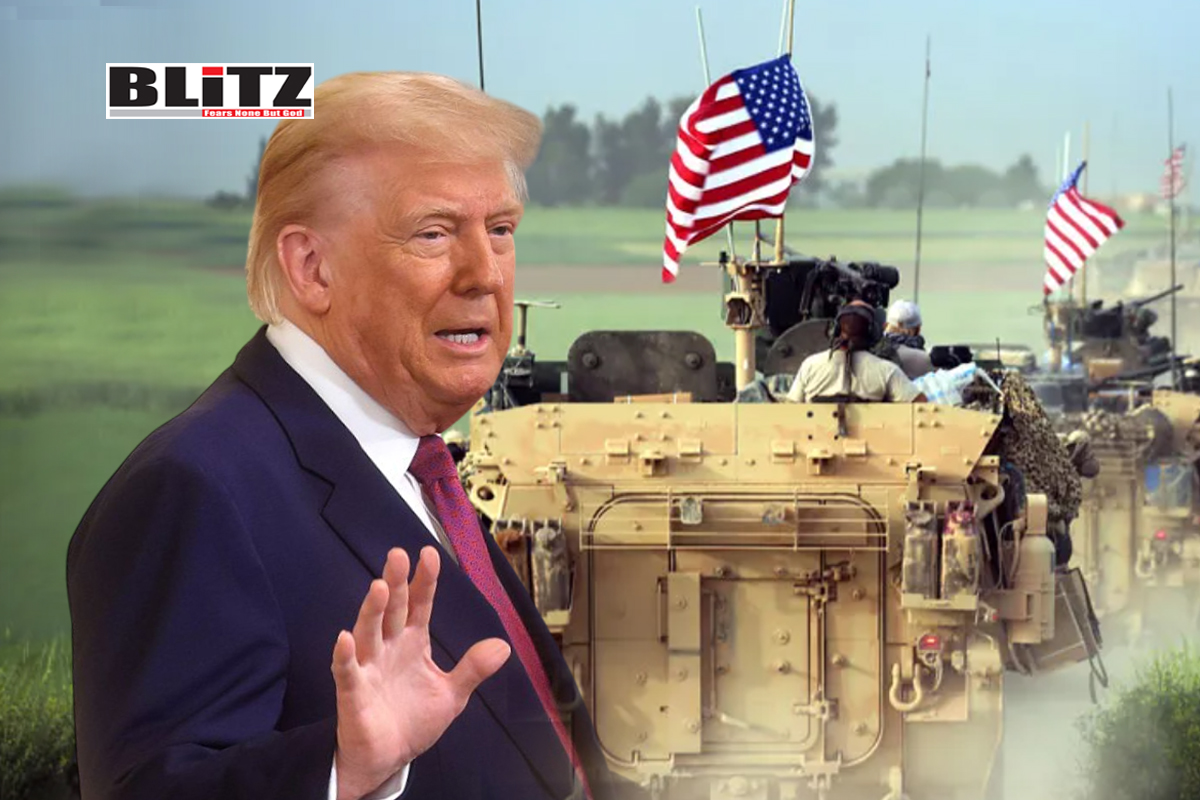OpenAI’s $200 million Pentagon deal marks a new frontier in AI militarization
- Update Time : Thursday, June 19, 2025
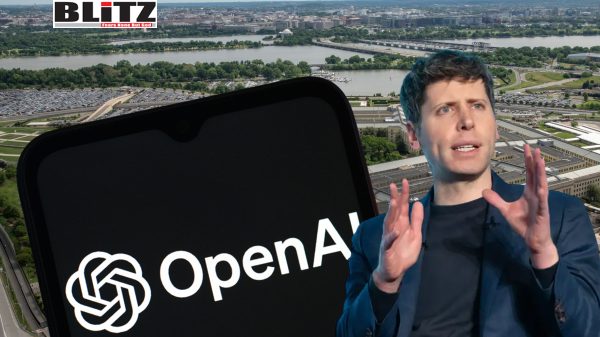
In a development that signals the deepening convergence of Silicon Valley and the US defense establishment, OpenAI-the maker of the widely known ChatGPT-has signed a $200 million contract with the Pentagon. Announced by the US Department of Defense on June 17, the agreement tasks the company with developing “prototype frontier AI capabilities” to address “critical national security challenges,” in both warfighting and enterprise domains.
While OpenAI frames the deal as part of a broader mission to “defend democracy” amid intensifying technological competition with China, the arrangement has sparked concerns over the role of private AI developers in the militarization of artificial intelligence and the growing entanglement between commercial innovation and US military strategy.
OpenAI’s contract with the Pentagon represents its first officially disclosed partnership with the Department of Defense, but the company’s collaboration with military actors is not entirely new. In December, OpenAI joined forces with Anduril Industries-a defense technology firm known for autonomous surveillance and drone systems-to develop artificial intelligence systems for counter-drone operations. That project aimed to synthesize time-sensitive data, lighten the cognitive burden on human operators, and increase battlefield awareness through automated decision-making.
The Pentagon’s new agreement with OpenAI extends beyond tactical counter-drone efforts. It opens the door to a broader range of military and intelligence applications that may include AI-driven surveillance, logistics, communications, and possibly decision-support systems for combat operations. According to the DoD’s statement, the project is to be carried out in the National Capital Region, encompassing Washington DC, and its surrounding defense and intelligence institutions, with completion targeted for July 2026.
OpenAI has justified its growing alignment with the US military as a response to rising global threats, particularly from China. In the company’s framing, collaboration with the Department of Defense is a necessary step to preserve democratic values in the age of AI. CEO Sam Altman has repeatedly argued that America must maintain its lead in advanced artificial intelligence to prevent adversarial authoritarian regimes from gaining technological superiority.
In February, at a security forum in Washington, Altman stated:
“We believe frontier AI models should support national objectives to ensure democratic societies lead the development of this technology.”
This justification, however, is viewed skeptically by critics who question whether contracts worth hundreds of millions of dollars can be separated from profit motives and state power consolidation. Civil liberties groups and AI ethics researchers have voiced concern that the deployment of generative AI in military contexts could pave the way for surveillance overreach, loss of civilian oversight, and acceleration of autonomous weapon systems development.
The backdrop to the Pentagon deal is the intensifying global race for AI dominance. The unveiling of the Chinese AI firm DeepSeek in January sent shockwaves through the tech sector, as the company claimed its models could outperform ChatGPT on several key efficiency metrics. The perceived threat of Chinese technological advancement has fueled a national urgency to secure AI innovation within US borders and under American influence.
In response to these dynamics, OpenAI, alongside other tech leaders and the Trump administration, launched Project Stargate-a $500 billion initiative aimed at building vast AI infrastructure across the US, including specialized data centers and high-performance computing systems. The program is seen as a bid to outpace Chinese competitors and maintain control over the future trajectory of artificial intelligence.
The Pentagon contract with OpenAI fits neatly into this broader geopolitical framework. By integrating frontier AI models into national security applications, the US seeks not only to enhance its military capabilities but also to embed American influence into the architecture of global AI standards.
In addition to its direct military work, OpenAI has been tailoring its products for government use. In January, the company released a version of ChatGPT specifically optimized for US agencies. This iteration of the model is designed to run on Microsoft Azure’s government cloud infrastructure, giving agencies control over security, privacy, and compliance-critical concerns for entities handling classified or sensitive information.
The development of government-specific AI tools signals the creation of a dual-use AI ecosystem: one for public, civilian-facing interactions and another designed for state institutions and potentially covert operations. This bifurcation raises alarms about transparency and accountability, as government-use AI is likely to operate under different disclosure standards and oversight mechanisms than commercial applications.
As OpenAI expands into national security and infrastructure, its ambitions appear to be growing beyond conversational AI. In April, reports surfaced that the company is developing a social media platform intended to rival Elon Musk’s X (formerly Twitter). Although details remain sparse, such a move would bring OpenAI into the arena of real-time information flow and digital influence-domains with profound implications for both democracy and statecraft.
The timing is notable. Elon Musk, a co-founder of OpenAI, left the organization in 2018 amid disagreements over its mission and transparency. Since then, relations between Musk and Sam Altman have soured into what some insiders describe as a “bitter rivalry.” Musk has criticized OpenAI for abandoning its nonprofit ethos and becoming too tightly aligned with corporate and governmental power. In turn, OpenAI’s recent steps, including Pentagon contracts and exclusive government models, are seen by critics as confirmation of Musk’s warnings.
Musk’s own AI project, Grok, is now integrated into X and intended to compete with ChatGPT by offering real-time, politically aware conversational capabilities. The battle between Altman and Musk, once framed as a tech disagreement, now echoes through defense deals, infrastructure initiatives, and social media influence wars.
OpenAI’s $200 million Pentagon contract may mark a watershed moment in the history of artificial intelligence: the formal fusion of a leading AI research lab with the most powerful military in the world. While OpenAI presents this as a principled stand in the defense of democracy, others warn that it signals a troubling normalization of AI militarization and corporate alignment with the state.
As AI continues to shape the global order, questions about who controls the technology, how it is used, and for what purposes are more urgent than ever. OpenAI’s path-from a nonprofit research lab to a Pentagon contractor-suggests that those questions are no longer hypothetical.
In the coming years, how society responds to the blending of artificial intelligence and military power may define not only the future of war, but the future of democracy itself.


